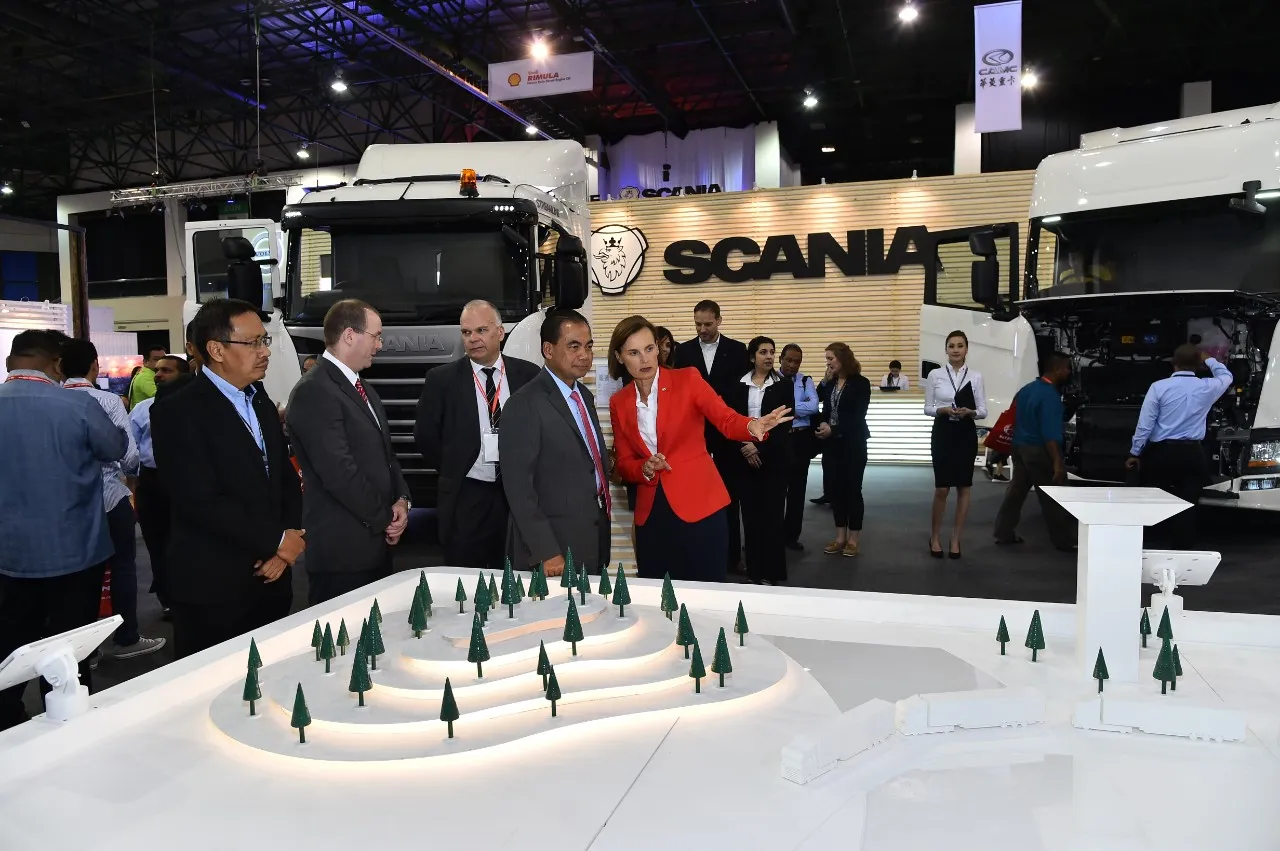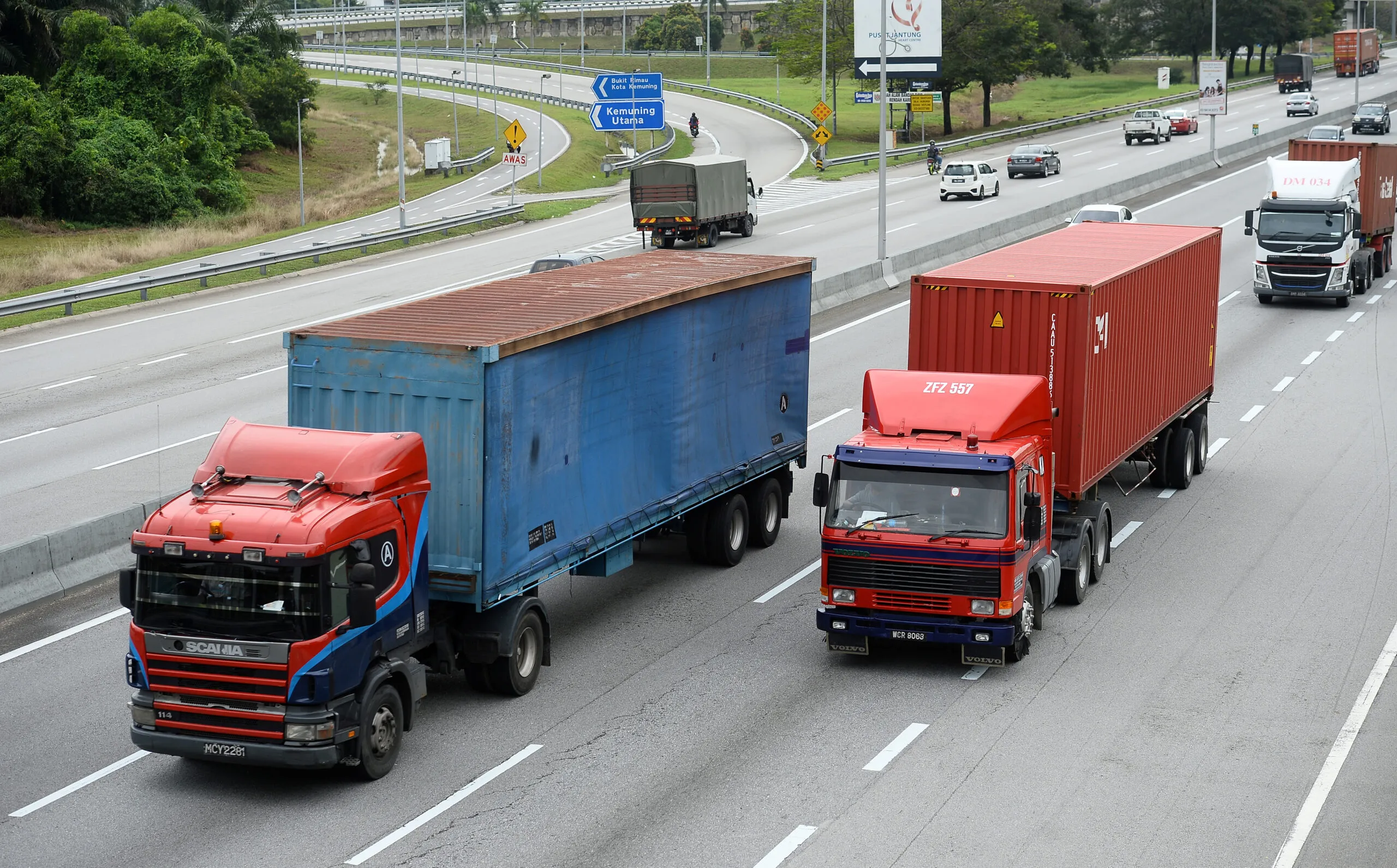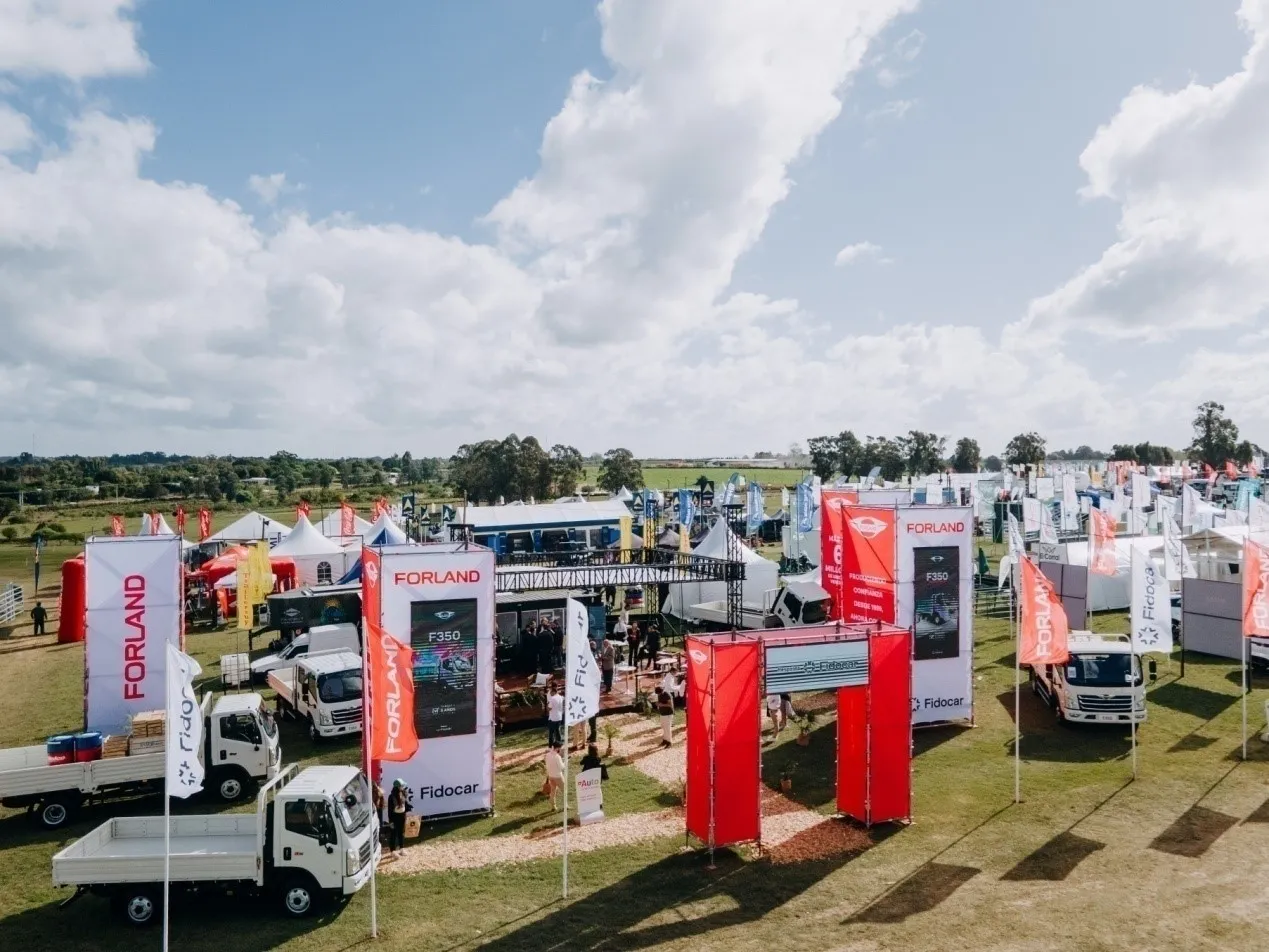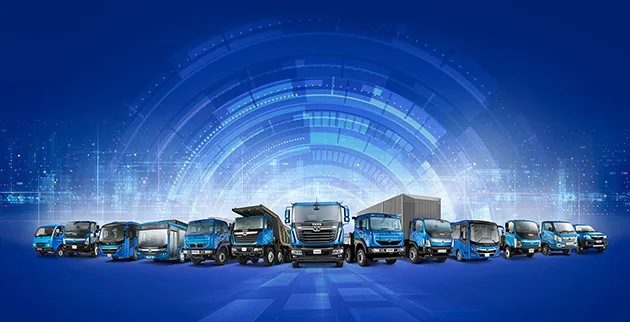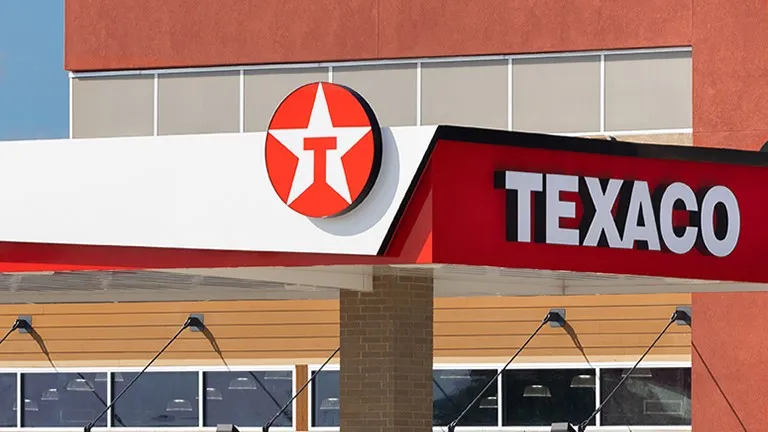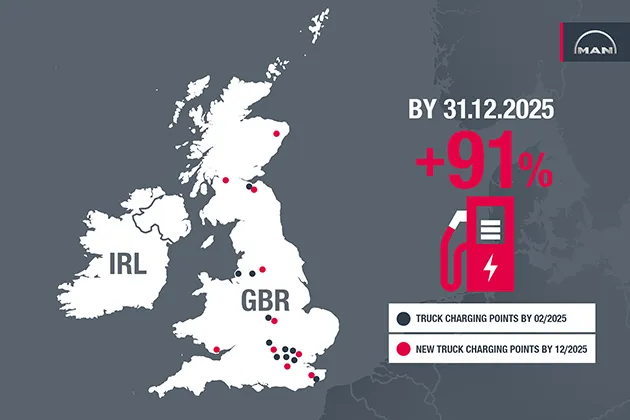Scania is already gearing up for a future in Malaysia that is smart, safe, fuel efficient, digitally connected and unmanned.
Scania Propels the Transition Towards the Future of Transportation
In line with global and regional trends towards a sustainable and digital future, the future of Malaysia’s transport industry must be smart, safe, fuel efficient and digitally connected if it is to remain sustainable and profitable.
Scania’s goal is to play a leading role in providing sustainable transport solutions by improving energy efficiency, applying alternative fuels/electrification technology and creating smarter and safer transport for Malaysians and everyone around the world.
“Scania’s sustainability efforts aim to enhance the lives of society while helping transport operators achieve the best profitability,” said Managing Director for Scania Southeast Asia, Marie Sjödin Enström, at the recent Malaysia Commercial Vehicle Expo (MCVE).
“With congestion, pollution, energy security and climate change continuing to affect our way of life, the future of transportation is already here as Scania has the technology of tomorrow, here today, especially in Malaysia,” said Marie.
Malaysia has a commitment to meet the greenhouse gas emissions reduction target of 45 per cent by 2030. As of 2013, Malaysia was already at 43 per cent – from 0.53 unit per GDP to 0.3 unit.
As there is no one silver bullet, there is a need for a wider range of solutions to meet a wider range of needs that has to be profitable. Scania says it continues to provide sustainable transport solutions and field-tests newer technologies with customers.
Fuel Efficiency
An example of its fuel efficiency solutions is the Scania Vehicle Optimiser (SVO) software, displayed at the MCVE, which optimises the vehicle specifications of customers for the best fuel economy.
Also on display was the Scania G-Series, described as popular with long haulage customers for its comfort, storage and fuel efficiency benefits that are achieved with a bigger cab and optimised aerodynamics.
Customer’s business needs were also analysed through the Scania Total Operating Economy (TOE) calculator to indicate the difference between purchase cost and operating costs.
Alternative Fuels and Electrification
Scania says its vehicles could already run on all alternative fuel from natural gas, bioethanol, biogas to biodiesel with proven track records of lowering CO2 emissions by up to 90 per cent. Biodiesel and biogas are available in Malaysia.
Electric vehicles lower emissions by up to 100 per cent if run on renewable energy sources. In Sweden, Scania is testing electric trucks on the world’s first electric road in Gavle and wireless charge buses in Stockholm, both for heavy applications.
Efficient, Smarter and Safer Transport with Digitalisation
Scania is applying digitalisation to accelerate progress towards sustainable transport movements featuring safe and efficient flows of goods and people.
Scania One is a new digital platform for all connected services that would come to Malaysia soon. This enables the already connected 250,000 vehicles around the world, including nearly 1,000 in Malaysia, to be operated in a smarter way and with higher safety standards.
Its customers in Malaysia are using Scania Fleet Management System where a set of services connects the vehicles with customers’ office through a communicator device to provide vehicle data, fleet position and reviews of driving performance.
This helps save money for customers as they could make decisions that cut fuel consumption, identify vehicles that are being driven in a suboptimal way and plan service schedules to reduce unplanned downtime.
Vehicle and driver performance could save up to 10 per cent in fuel consumption if Scania Fleet Management is used with Scania Driver Training and Coaching services.
The Scania driver training teaches techniques aimed at immediately increasing fuel efficiency, road safety and sustainability, while significantly reducing downtime and operating costs.
Expert trainers use a driver’s data on coasting, idling and acceleration to provide smart analysis to increase safety and comfort and reduce fuel consumption and emissions.
The confidence in the services saw the signing between Scania and Konsortium E-Mutiara Bhd for Scania Driver Training and Coaching services for 175 drivers of the express bus service, which was represented by its Managing Director Haji Che Ibrahim Che Ismail.
15-metre Bus & Coach Chassis
Also on display was a 15-metre Scania bus and coach chassis. The first of its kind in Malaysia, it is part of a long bus field test to introduce buses that are longer than the current 12-metre buses. Scania is working on with the Ministry of Transport, Jabatan Pengangkutan Jalanraya, Malaysian Institute of Road Safety Research and Universiti Teknologi MARA to field-test the feasibility of a more-than-12-metre higher capacity bus or coach chassis on Malaysian roads.
Alternative Fuels and Energy Security
Scania also has a leading position when it comes to developing more efficient transport solutions that allow for the switch away from fossil-fuel transport.
“Regardless of which type of driving is involved or what conditions are like, there’s almost always an alternative solution from Scania. At the same time, we are conducting leading research that optimises digitalisation, connectivity, electrification and autonomy.”
Autonomous Vehicles
Scania has autonomous trucks running in mines and is planning similar trials with other applications such as platooning (convoy) autonomous trucks between ports. Driverless, automated and digitally connected, these smart unmanned vehicles are under supervision from a control tower to ensure the best efficiency and productivity.
“At Scania, we believe the eco-system of the transportation industry is already changing and will continue to change rapidly by 2023. Scania is already poised to meet this new and exciting shift in demands from the industry through sustainable transport solutions,” concluded Marie.
The Shift Table
On display at MCVE was the Shift Table, which demonstrates how Scania is shifting with global trends towards higher demand for sustainable transport solutions.
The Shift Table visualises the future of transportation by 2023 but the eco-system of transportation is already changing. It rides on major global trends like urbanisation, sustainability and digitalisation.

